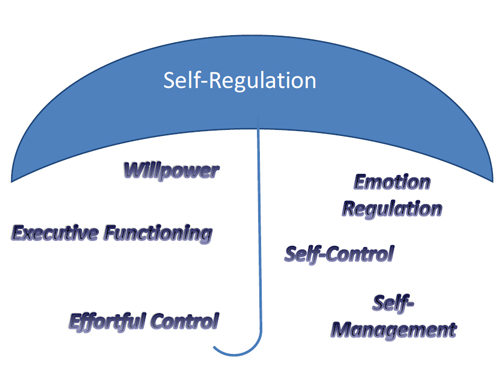I've been thinking this past week about how a large-scale infectious disease outbreak, such as appears likely with our current Coronavirus, might affect psychotherapists' private practices.
I've been surprised by how many clients come into my office with sniffles and worse. It is cold and flu season, but now many clients nervously mention their sniffles and some are much more careful to not infect others in the office.
It strikes me that teletherapy would be fine for most (70%) of the work I do. Getting ready now to provide teletherapy may make sense.
There are a number of articles about how the general population can prepare for the increase in COVID-19 cases, such as this article: https://www.nytimes.com/article/prepare-for-coronavirus.html.
Synthesizing what I've read, here are what I'm seeing as the key points for private practice folks:
- Wash your hands with soap and water frequently. You can use hand sanitizer if your hands aren't dirty.
- Cover your nose and mouth when you cough or sneeze with the crook of your arm.
- Avoid touching your eyes, nose, and mouth with unwashed hands.
- If you are sick, stay home unless you are leaving to see a medical doctor.
- Get a flu shot, if you haven't already.
- You may not want to use face masks unless you are already sick, have a compromised immune system, or are in regular contact with sick people. (Good quality masks appear to now be very expensive and in short supply.)
- Keep at a distance from sick people. (The safe distance is often described as 3 to 6 feet, which is how far large droplets travel. This article -- https://universityhealthnews.com/daily/eyes-ears-nose-throat/how-far-does-a-sneeze-travel/ -- suggests that fine droplets may travel 19 to 26 feet, or even 200 feet, and at great speed. So, the advice to stand away from sick people may not be realistic.)
- Prepare a plan and communicate it to your clients.
- Stock up on any supplies your business might need in the event that shopping or supply chains are interrupted. (This may also apply to essential food and water. Already, an office device I had ordered is on indefinite delay because COVID-19 has caused manufacturing and supply problems in China. Face masks, hand sanitizer, and toilet paper may also be in short supply.)
- Realize that only about 2% of people who catch COVID-19 die, but be especially careful if you or any your clients likely have weakened immune systems.
I'm very aware that a post like this could be viewed as fear-mongering. That's not my intention. Our goal should be to be able to offer ongoing psychotherapy services while also doing what we can to help our clients and ourselves remain healthy.
Please send me an email if you have comments or additional suggestions!


